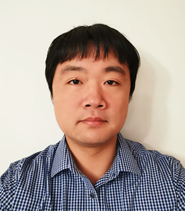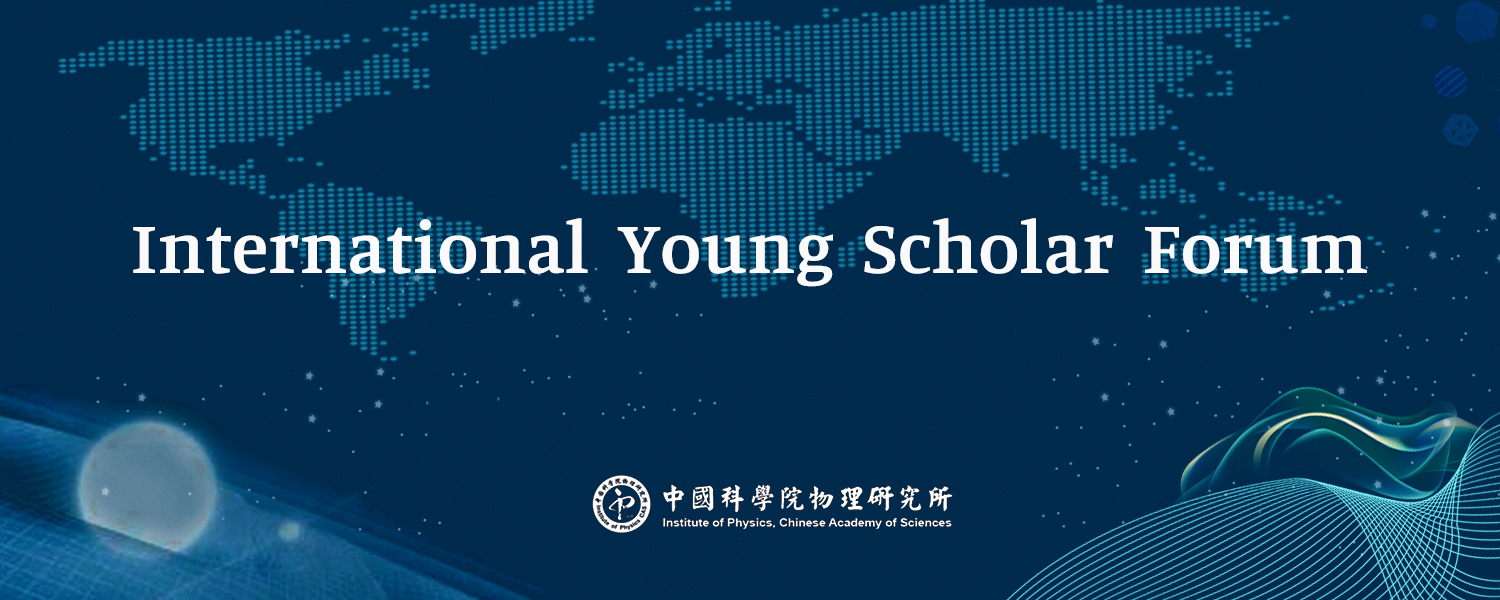Time: 15:00 pm, March 11th, 2021
Speaker: Dr. Yifei Xu, University of Leeds, UK
Abstract:
Biominerals such as bones, teeth and shells have attracted intensive research interests due to their sophisticated microstructures and outstanding mechanical performances. However, so far little is known about their formation processes, i.e., biomineralization processes. These processes usually happen in aqueous solutions and involve complex interactions between biomolecules and inorganic crystals. Cryogenic transmission electron microscopy (cryoTEM) uniquely allows high-resolution observation of solution samples in their hydrated status. In combination with multiple time point sampling and electron tomography (cryoET), the technique can achieve quasi in-situ 3D observation of solution reactions. Recently, cryoTEM has been widely used to study biomineralization processes and significantly updated our understanding of these systems.1 In this presentation, I will briefly introduce the basic knowledge of cryoTEM, and review some of my studies of biomineralization processes using this powerful technique.2-4
Reference:
[1] Patterson & Xu et al., Acc. Chem. Res., 2017.
[2] Xu et al., Nat. Commun., 2018.
[3] Xu et al., Nat. Commun., 2020.
[4] Xu et al., J. Phys. Chem. C., 2021.
Brief CV of Dr. Yifei Xu:
Dr. Yifei Xu is a postdoctoral researcher of Prof. Fiona Meldrum’s group at the University of Leeds, UK. He obtained his PhD degree at the School of Physics of Nanjing University in 2016. After that, he worked as a postdoctoral researcher in the group of Prof. Nico Sommerdijk in TU Eindhoven, the Netherlands, and moved to Leeds in 2018. In 2020 he was granted a Marie Skłodowska Curie Individual Fellowship. The research of Dr. Xu mainly focuses on using cryoTEM and cryoET to resolve the mechanisms underlying complex solution reactions such as biomineralization processes.
